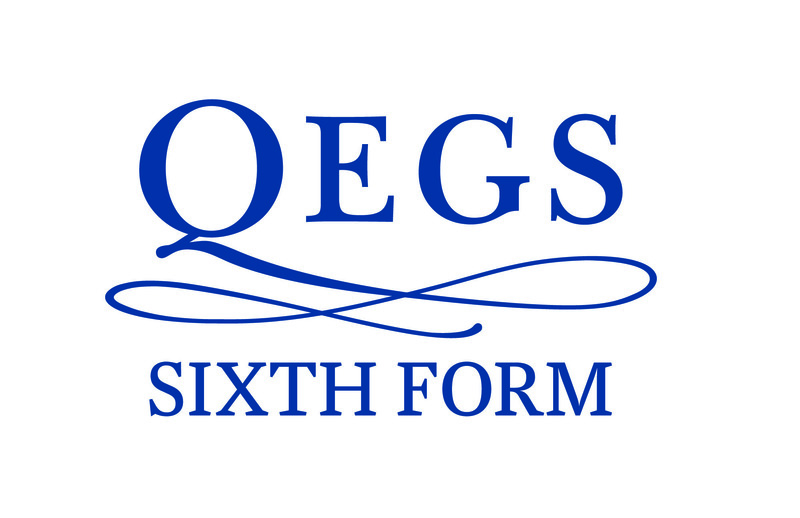
Like it or not you’re living in it – this is the Digital Age. Computer programmes have all but infiltrated every aspect of our lives. Computer scientists theorise, design, develop, and apply the software and hardware for the programmes we use day in day out – and this sounds pretty important. Every industry uses computers so this means that computer scientists can work in any industry. Problems in science, engineering, health care, and so many other areas can be solved by computers. It is up to the computer scientist to figure out how to solve these problems and design the software to apply the solution. Computer scientists are in demand across the world and this demand is only set to grow as we rely more and more on computers in our everyday lives.
The basic requirement is 5 GCSEs at grade 5 or above, with ‘passes’ i.e. at least Grade 4 in Maths and English and, preferably, grade 6 or above in the chosen subjects.
The course is assessed through 2 examinations which will take place at the end of the 2-year course. Each examination will last 2 hours 30 minutes and each examination contributes 40% of the final grade awarded. Paper 1 – Computer Systems The characteristics of contemporary processors, input, output and storage devices. Software and software development Exchanging data Data types, data structures and algorithms Legal, moral, cultural and ethical issues Paper 2 – Algorithms and Programming Elements of Computational Thinking Problem solving and programming Algorithms There is also a non-examination assessed component contributing 20% of the final award and this requires students to investigate and design a solution to a practical problem.
About Education Provider
| Region | North West |
| Local Authority | Blackburn with Darwen |
| Ofsted Rating | Good |
| Gender Type | Co-Educational |
| Address | West Park Road, Blackburn, BB2 6DF |
Like it or not you’re living in it – this is the Digital Age. Computer programmes have all but infiltrated every aspect of our lives. Computer scientists theorise, design, develop, and apply the software and hardware for the programmes we use day in day out – and this sounds pretty important. Every industry uses computers so this means that computer scientists can work in any industry. Problems in science, engineering, health care, and so many other areas can be solved by computers. It is up to the computer scientist to figure out how to solve these problems and design the software to apply the solution. Computer scientists are in demand across the world and this demand is only set to grow as we rely more and more on computers in our everyday lives.
The basic requirement is 5 GCSEs at grade 5 or above, with ‘passes’ i.e. at least Grade 4 in Maths and English and, preferably, grade 6 or above in the chosen subjects.
The course is assessed through 2 examinations which will take place at the end of the 2-year course. Each examination will last 2 hours 30 minutes and each examination contributes 40% of the final grade awarded. Paper 1 – Computer Systems The characteristics of contemporary processors, input, output and storage devices. Software and software development Exchanging data Data types, data structures and algorithms Legal, moral, cultural and ethical issues Paper 2 – Algorithms and Programming Elements of Computational Thinking Problem solving and programming Algorithms There is also a non-examination assessed component contributing 20% of the final award and this requires students to investigate and design a solution to a practical problem.